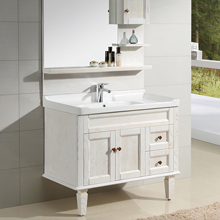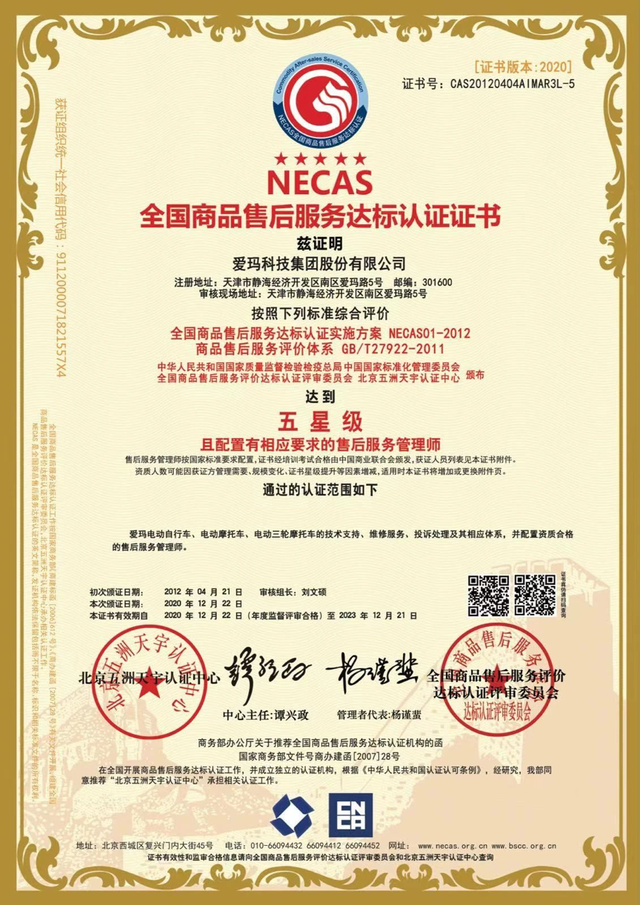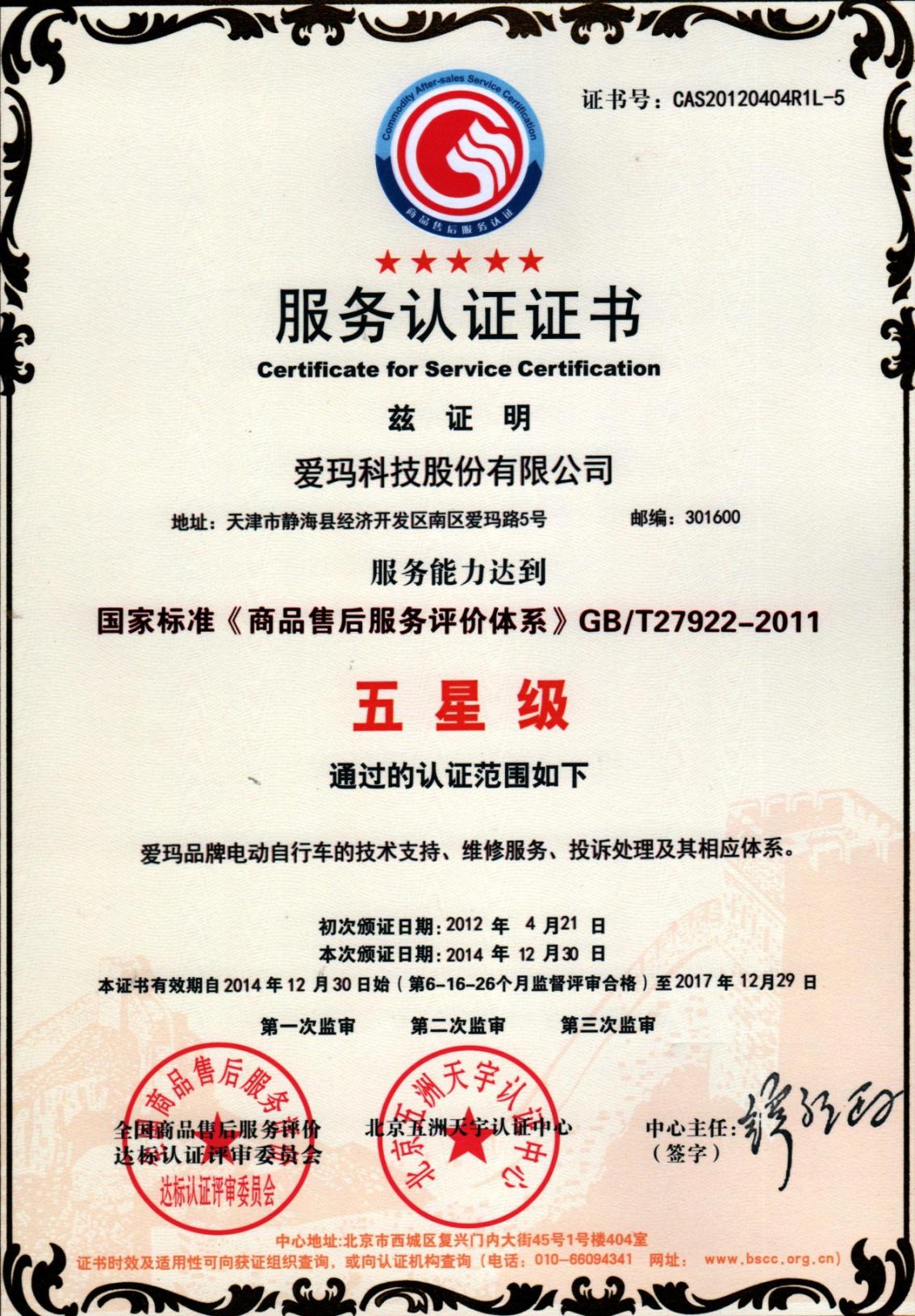In recent years, with the acceleration of urbanization and the improvement of environmental awareness, container houses, as a new form of construction, have gradually attracted attention in the commercial field. Container houses are not only easy to build, movable and environmentally friendly, but also help companies achieve breakthroughs in space utilization and cost control.
Container houses have many possibilities for commercial use, such as catering, retail, office and exhibition space, etc. Due to its flexible structural design, companies can customize it according to their needs, thereby enhancing customer experience.

Aefore implementing a container house project, it is crucial to conduct a comprehensive feasibility study. It is necessary to consider many factors such as market demand, cost budget, geographical location, and laws and regulations. Through data analysis and market research, companies can make accurate decisions.
The building materials of container houses are mostly recycled, emphasizing the principle of environmental protection design, and meeting the needs of sustainable development. While achieving commercial profits, it can also contribute to environmental protection.

As an innovative construction method, container houses provide new opportunities for the business sector. Through reasonable market positioning and strategy execution, enterprises can gain advantages in competition and achieve sustainable business development.


.jpg?x-oss-process=image/resize,h_800,m_lfit/format,webp)




